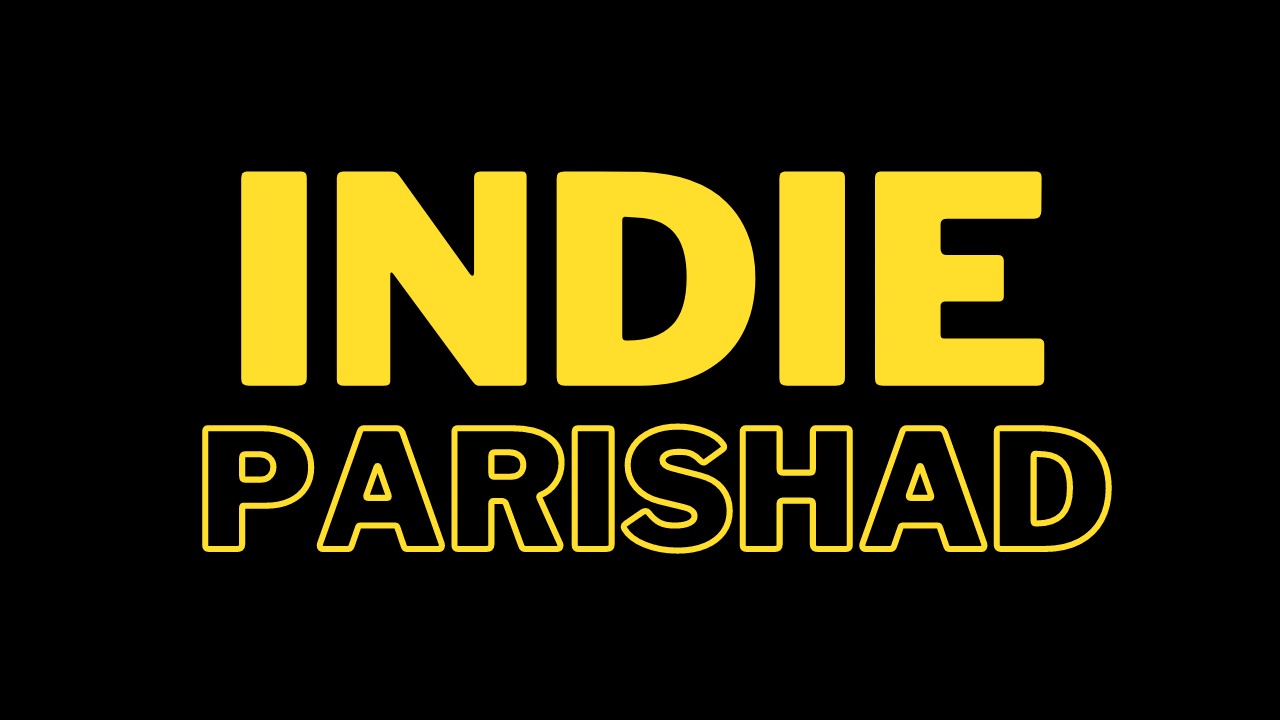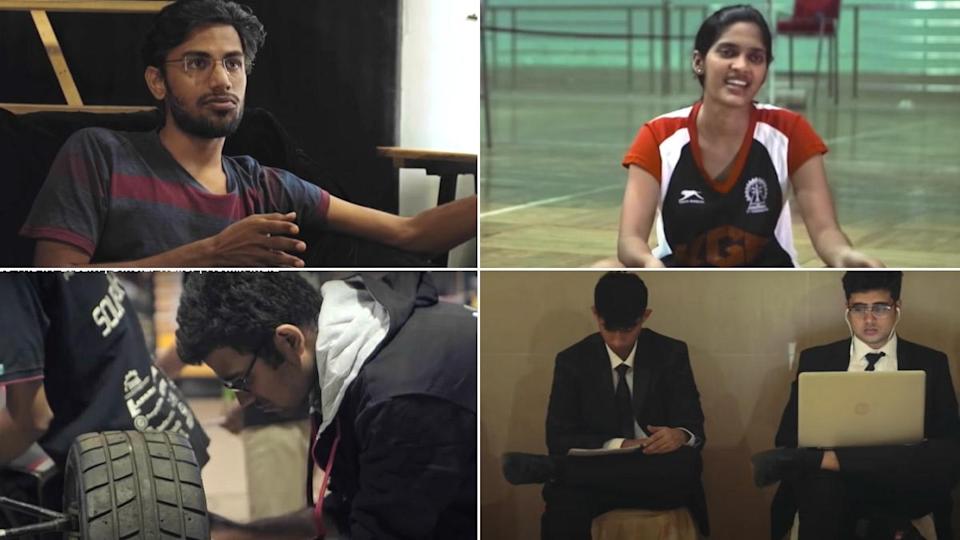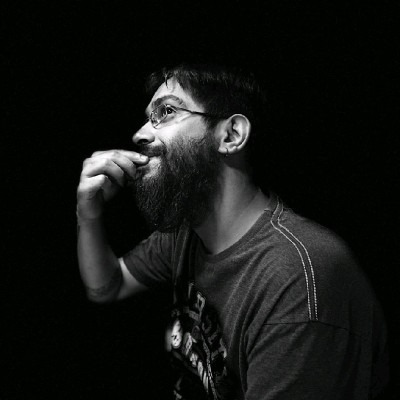We recently got in touch with PRERNA SAIGAL, FTII alumna and the film editor of Vasan Bala’s Peddlers, Danis Tanovic’s Tigers and Anurag Kashyap’s Bombay Velvet. She was out of town, but graciously found some time for an email interview with us.
It’s no surprise that some of her written sentences will resonate deeply with many upcoming professionals – because, in her own words, editing is all about rewriting with the right grammar.
Here’s the ever-curious CHINTAN BHATT with his set of questions about her career, films and methods:
Did cinema and your childhood go hand in hand?
A: I am from Delhi. Movies, of course, as in the 1990s, were always a family affair. Being from a Punjabi family in Delhi, everyone watched family films; it was the time of Dilwale Dulhaniya Le Jayenge and Hum Aapke Hai Kaun. So yes, I watched them, and loved them like everyone did.
Did you formally study the craft of editing?
A: Study, for me, was gaining exposure to the technical aspects of putting together a film. During my time at film school, I realised that was only a part of the process. Also, it exposes you to different mindsets and forces you to develop a perspective of your own. I studied Mass Media at MBICEM, New Delhi and then went on to do a one-year Editing course at FTII, Pune.
There was a bigger world out there with many strong opinions and view points. But even today I watch and absorb movies at a very gut level. My biggest learning was to watch a film like I always did, and feel it, more than anything else.
When and how did you get your first break?
A: I got my first break as an on-location editor in the film Frozen, which was shot in Ladakh in the month of February. It was great; I saw snow for the first time and managed to keep myself and the machine alive in those conditions.
However, I started out by editing docu lectures for ANHAD NGO in Delhi. This series was made under the guidance of Mr. Gauhar Raza. He was the one who told me to join the FTII editing course, and has always encouraged me since then.
It is interesting that you were also an Assistant Director on The Lunchbox and Victory. Why the switch?
A: More than a switch, it was taking a job that was there; also rent, food and some basic expenditures push you towards these decisions. Also, I am glad these decisions happened. It gave me the opportunity to shoot (Second Unit Director) the opening credits for Victory too. I traveled with a unit, put together those shots; it was good to experience that side too. Even on Peddlers I was the first AD and the editor (well, in Peddlers, you had to do it all, so prior experiences came in handy). In The Lunchbox, I got to see first hand how India’s most amazing actors work. Witnessing Irrfan Khan, Nimrat Kaur and Nawazuddin Siddiqui on the sets was a great experience. I wouldn’t trade these experiences for anything.
Peddlers. Tell us about it.
A: Peddlers was being made by a bunch of friends. One was a producer, one a DOP and I was the editor. Till then, I was just working with machines, but with Peddlers I fell in love with the process all over again. I was waiting for this chance for 6 years (thanks to my parents, I survived). Vasan himself was making his first film; in almost every department, he had taken only newcomers and first timers, and trusted us with his dream.
It was more mission-like, it had to be done. Vasan pushed us all into this mad journey, we went along and it was great fun. Before that, I was not sure if editing was something I could do full-time. The opportunities didn’t really add up at the time. Vasan cornered me and asked me to edit the film. I was not sure; he had not seen any of my editing work. I asked him, why me? He said he thought I was sincere, honest and said what I felt. Also he said that the biggest reason he wanted me was because I react at a very gut level on films, and don’t really get into the mumbo jumbo around it. He said he wanted everyone in the crew to be like that, to react with an instinct. I think he still follows the same rules.
That it didn’t get a release – has it affected your choices or views on films?
A: I can’t really help the situation. I would have if I could. No, my choices on future movies to work on will never be affected. It boils down to the script and the team. Nothing else.
Has your editing process evolved from Peddlers to Bombay Velvet?
A: It’s a collaboration. If there is a process, then the process is called adaptation. Every filmmaker comes with a vision, and every film comes with its circumstances. What comes to me will always be a strange mashup of these two things. I can’t have a set process to put together these two things. They always come in a unique way. What I can do is go back to my basics, go back to my feel of the material, understand the vision and deal with the circumstances.
How did Tigers happen and what was it like working with Danis Tanovic? Did you have to change your style in anyway?
A: Danis had seen Peddlers and he was also a co-producer on The Lunchbox. Both were Sikhya films. So he had seen my work and had interacted with me. Also this was a HINDI film, so I guess he took his chances with me. He was, in fact, instrumental in me getting to work on Bombay Velvet too.
As for my working style, as I mentioned earlier, my style has to be to not forget the basics and then go with the vision and the circumstances. I did the same with Danis. Working with Danis is learning from his experience, embracing the freedom to come up with my version of his vision, and lots of laughs (he has a killer sense of humour). It was a real pleasure to go through that journey.
Is there an inherent theme or style of yours that you have realised is an organic part of your work?
A: Stating styles is a little too pompous for a 3 film old editor. Again, it is the feel more than anything else.
Editing a film is also, in a way, writing a film.
A: Editing is actually rewriting with already-formed sentences. The sentences are there; we have to arrive at a space where all those sentences put together in a sequence make coherent sense. I can’t change the sentence, but what we can try and do is alter the grammar sometimes or find new use of those sentences to convey the original vision.
What qualities makes a good editor?
A: Not be fixed with any one thought, and be ready to keep tweaking things till it fulfils the purpose of the whole. Also, after millions of viewings of the same material over and over again, the ability to feel it has to endure. Maybe these things, or maybe more. I don’t know. I am still at it, and learning new things with every opportunity.
Can you be objective about Bombay Velvet now? Perhaps in hindsight?
A: If you are talking about the result, that is? Of course May 15, 2015 was a big blow; by evening, everyone had written it off. From an emotional and career point of view, it was devastating. Looking back, I am sure there would be some great learning. I don’t know how to sound wise about the way it was received and sound objective about it for now.
But it was a great experience to know and work with Anurag Kashyap, the Assistant Directors of Bombay Velvet, the Phantom team (Vikramaditya Motwane also worked on it with me for sometime). It was the first time I was working on a film that everyone knew was going to be made even before it was made. It was unnerving, exciting and devastating.
Any editor’s work you admire or really look up to?
A: Coming back to Bombay Velvet, it gave me an opportunity to be locked in the same room as THELMA SCHOONMAKER for a month or so. To work and talk about the same material. To witness her interpret it. To see her wanting to know the context, the history of Bombay (1960s), the director’s vision, and my experience of working with him. She wanted to know everything before she moulded it. More than anything else, it reinstated the fact that first you are a good human, a sensitive person and then a good film student. If you are all this in your life, you can maybe do something good in your chosen field.
The relationship of editors and directors is generally pretty intense and isolated. How you approach it?
A: They will show their range of emotions all through the process. They are at their most vulnerable, but I need to be honest and forthright about my views no matter what their mood is. It won’t always be taken well.
Also they talk well, so they will give solid reasons to contradict everyone who provides feedback that is not too positive. They can be convincing and win most arguments for the moment. Doesn’t mean they are always right though. In my experience, once that argument is won, they come back to the edit, leave aside their ego and actually ponder over all the feedback. The ideal thing to do is maybe to just give them time, which, in turn, gives me time to breathe too. Let it all settle, no knee jerk reactions and not to take their mood swings too personally. Even I will have mine, and it will only add to the tension.
Do you get feedback often? Normally, when a viewer feels the movie is slow the response is EDITING IS NOT TIGHT. Especially when reviewers say that, it must get to you?
A: Of course everyone has feedback for me and especially if they have not liked the film, “Editing is not tight” is something that is thrown on me. As for the state of film reviewing in India, it is evolving just as we are evolving with filmmaking. We would all like to believe one is ahead of the other. Don’t know. I am trying to evolve and be better, that much I know.
Given that you have been an Assistant Director and an Editor, would you like to direct some day?
A: Never say never. Directing is not something that falls on one’s lap I guess; it’s a huge huge huge fight. I see that from very close quarters everyday. But yes, not ruling anything out. For now, I am an editor though.
What are you working on next?
A: There are some offers currently. Evaluating them. Other than features, I’ve been editing ad films.








Leave A Comment
You must be logged in to post a comment.